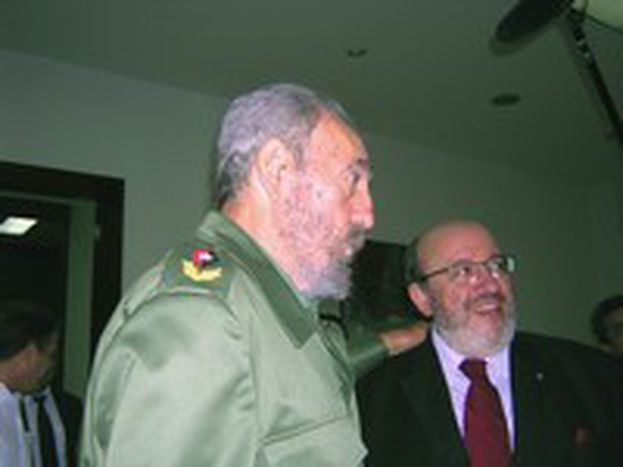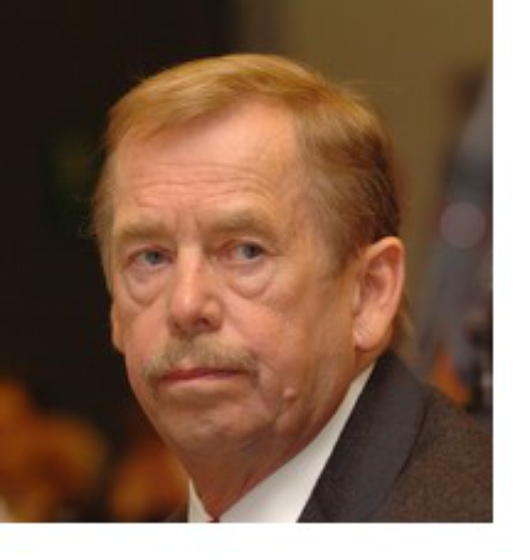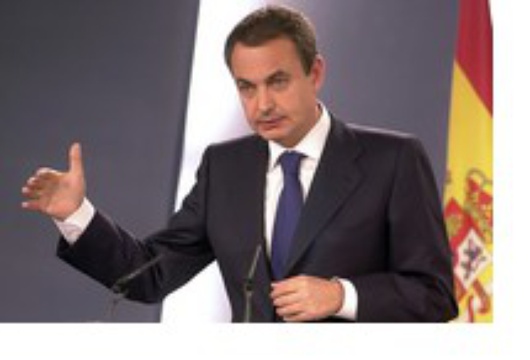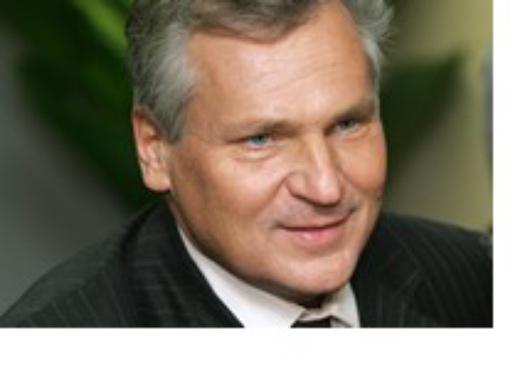
Castro out, EU in?
Published on
Translation by:
 rachel thomas
rachel thomas
The European Union's 'constructive talks and critical dialogue' on Cuba vaccilate between sanctions and concessions
Brussel’s tactics along the Havana border have remained practically unchanged since January 31 2005, when the EU lifted diplomatic sanctions first set down in 2003 against Cuba.
Sanctions followed the incarceration of the 'Group of 75' - 75 activists who opposed Fidel Castro’s regime. It was also a reaction to the arbitrary sentencing to death of three men who recklessly attempted to hijack a passenger ferry along the Havana-Miami border. After the liberation of several dissidents to demonstrate good faith, the EU rescinded the freeze of relations with Cuba – as requested by Spain’s Prime Minister José Luis Rodríguez Zapatero. The latter is a powerful spokesman in favour of constructive dialogue between Brussels and Havana.
'Castro does not want a dialogue with us'
Such constructive dialogue, however well proposed, is still at odds with the indignation of Czech foreign minister Cyril Svoboda. It is also fuelled by that of the Polish and German diplomats: 'Our real allies are currently discussing issues which generate tension, including human rights, persecution and arrests. Fidel Castro does not want to talk to us. You will need to speak to him about it, because our relations with him are extremely poor.'
 Svoboda is echoing Czech ex-President Vaclav Havel, founder of the Cuban Liberty Union, who opposes the policies that have been held vis-a-vis the Cuban regime: 'Today, the EU is dancing to Fidel Castro's tune. Europe is uniting to defend its freedom and values, not to sacrifice them to the ideal of harmonious coexistence with dictators. They need to contribute to the common spiritual, moral and political foundations of a united Europe.'
Svoboda is echoing Czech ex-President Vaclav Havel, founder of the Cuban Liberty Union, who opposes the policies that have been held vis-a-vis the Cuban regime: 'Today, the EU is dancing to Fidel Castro's tune. Europe is uniting to defend its freedom and values, not to sacrifice them to the ideal of harmonious coexistence with dictators. They need to contribute to the common spiritual, moral and political foundations of a united Europe.'
Such opinions are shared by diplomats from the former Eastern Bloc, who well recall the reality of Communism. Their protests could be heard the loudest during the meetings in Luxembourg in June 2006 when the European Council discussed future relations with Cuba. The EU admonished Castro on June 13 because of his detention of 330 regime opponents – not enough, however, to make them feel like reimposing the sanctions placed on Havana 3 years earlier, despite Castro announcing the lengthening of their detention until June 2007.
Condemnation, but no prohibition
 The opposition expressed by the representatives of the Czech Republic, Poland, Sweden and Holland notwithstanding, the meeker option – proposed by Spain – was once successful in Luxembourg. Zapatero, who like his predecessor José Maria Aznar has consciously distanced Spain from being either a US ally or anti-Castro, has won the umpteenth diplomatic tussle in the battle over Cuba.
The opposition expressed by the representatives of the Czech Republic, Poland, Sweden and Holland notwithstanding, the meeker option – proposed by Spain – was once successful in Luxembourg. Zapatero, who like his predecessor José Maria Aznar has consciously distanced Spain from being either a US ally or anti-Castro, has won the umpteenth diplomatic tussle in the battle over Cuba.
The enormous amount of personal interest of the European Development Commission over the Cuban question notwithstanding, its Belgian Commissioner Louis Michel – for whom relations between the Union and Cuba are 'completely inevitable' – the Union has become irritated as a result of its passivity. To tell the truth, on November 9 2006, the UN’s General Assembly condemned the US trade embargo on Cuba. But it lacked sufficient political motivation to call for the liberation of political prisoners on the grounds of human rights.
The latest requests were courageously put forward not by the EU, who are trying in vain to form a united political stance regarding the Carribbean and who claim the right to be an important player on the international scene. Instead, they were from a country of much smaller political worth: Australia, who timidly supported the Union’s 25 member states. The help given from on high by the EU’s political players will not bring glory to the Union. On the contrary: the EU is becoming discredited not only in the eyes of its foreign allies, but also in the eyes of Cubans weary of the Castro regime.
Latin-American Round Table?
 Aleksander Kwaniewski’s initiative is an interesting one: the ex-president of Poland wants to turn to politics after his abortive attempt to become UN Secretary General. Kwaniewski would like to organise a 'round table' between Cuba and the world’s important personalities: Vaclav Havel, former German Foreign Minister Joschka Fischer and former US Secretary of State Colin Powell. Such an ambitious, albeit off the record project, if realised, should take place between May and June 2007.
Aleksander Kwaniewski’s initiative is an interesting one: the ex-president of Poland wants to turn to politics after his abortive attempt to become UN Secretary General. Kwaniewski would like to organise a 'round table' between Cuba and the world’s important personalities: Vaclav Havel, former German Foreign Minister Joschka Fischer and former US Secretary of State Colin Powell. Such an ambitious, albeit off the record project, if realised, should take place between May and June 2007.
'This is an initiative in its initial stages; it’s in a very delicate phase. We are continuing and monitoring the discussions as to whether the idea is feasible, but we are a long way from anything concrete. This is an idea to be discussed behind closed doors, not in front of the world’s media,' as Kwaniewski declared recently.
Photos: (Vaclav Havel, European Commission), (Rodríguez Zapatero: Palacio de la Moncloa), (Alexander Kwasniewski: European Commission)
Translated from UE - Kuba: zagubione dossier


